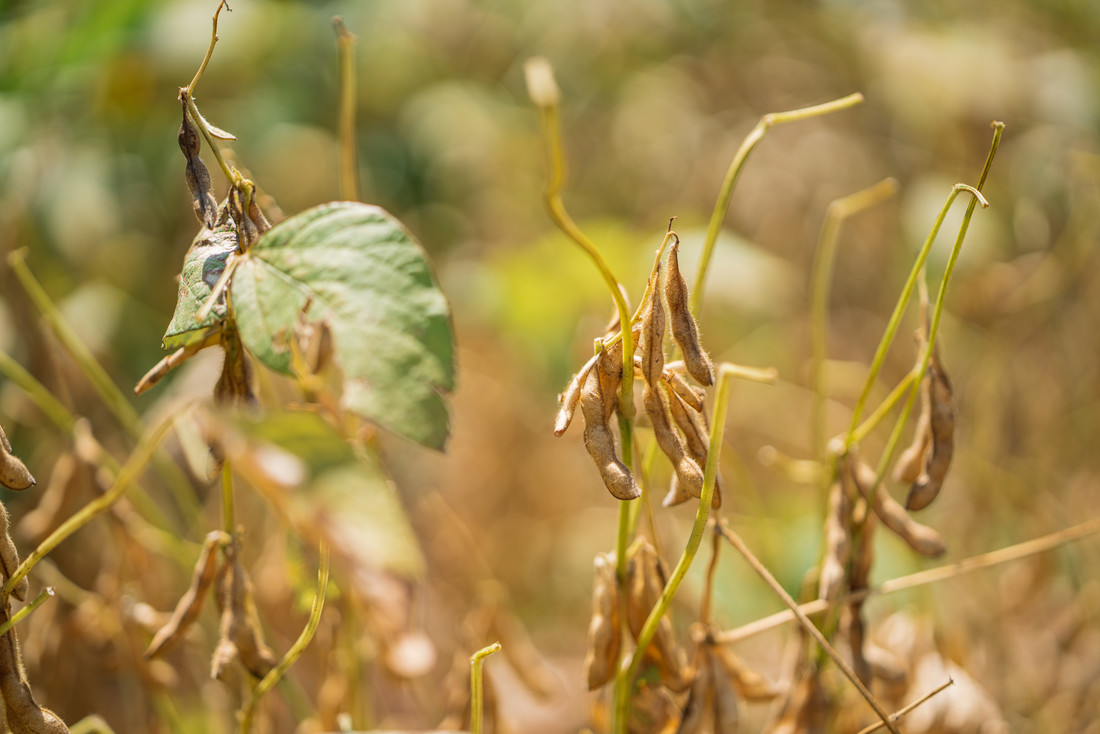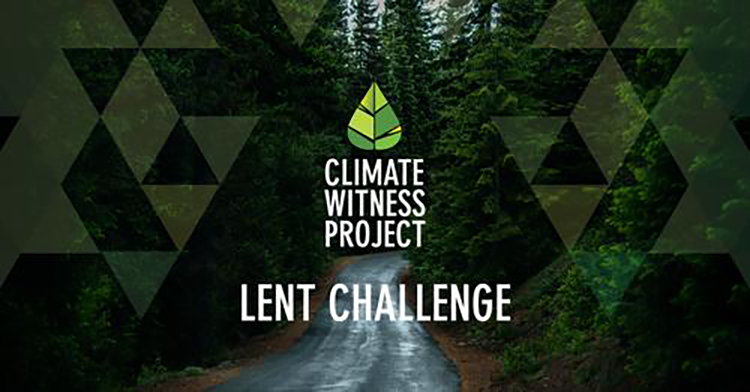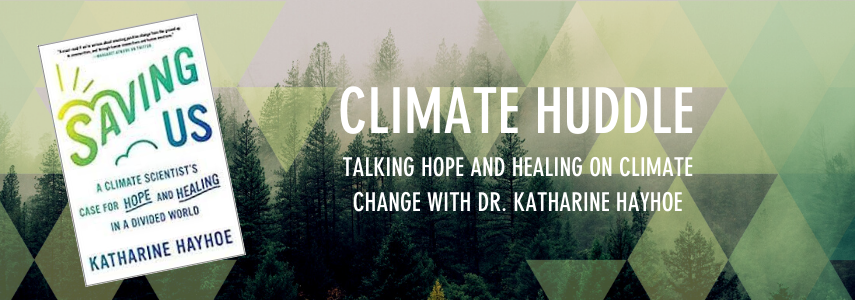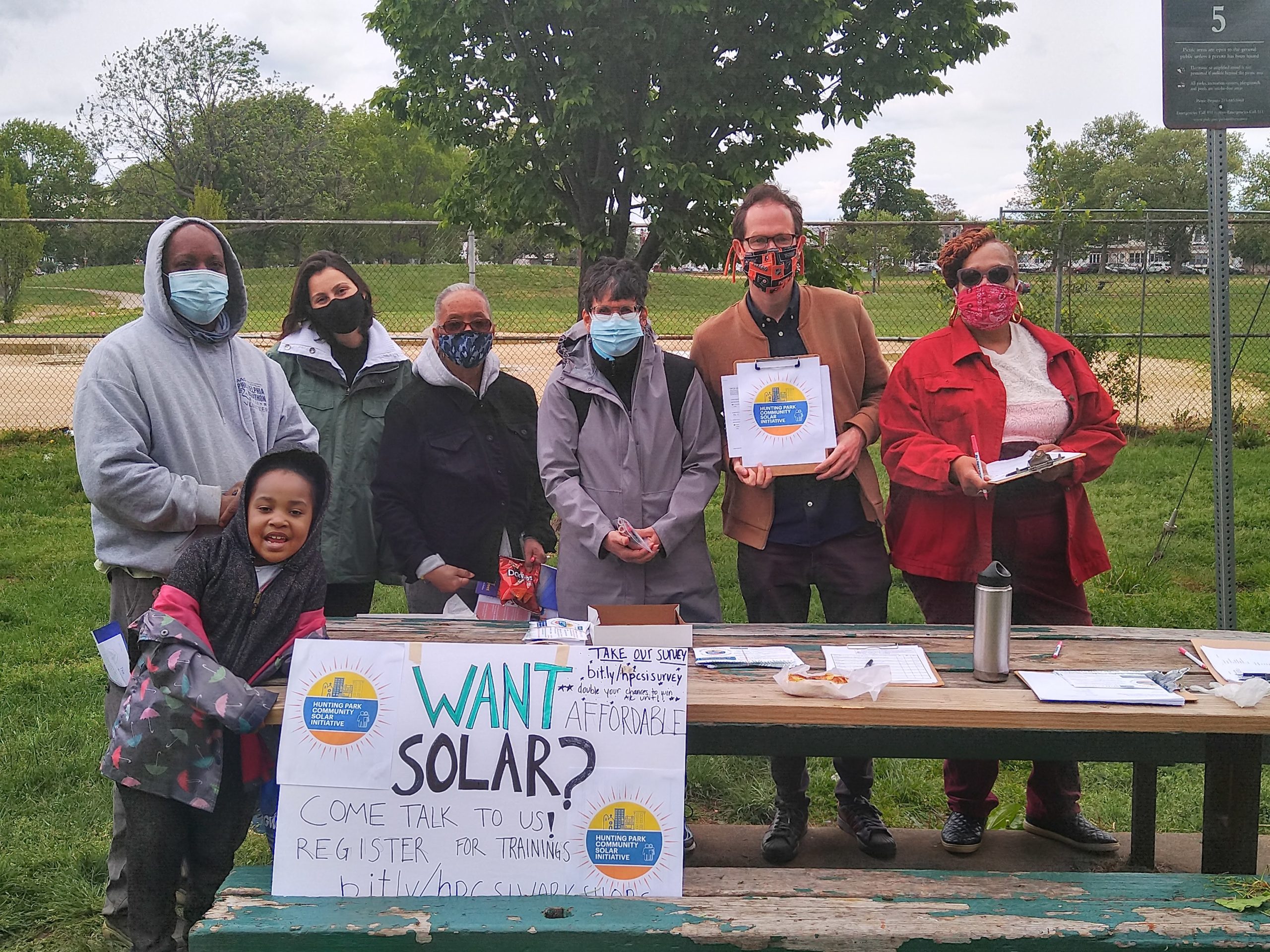5 Things You Didn’t Know About The Effects of Climate Change

Climate change is a significant global issue. From increasing temperatures, rising sea levels, and ecological disruptions, the environmental conditions on our planet are being threatened. It is crucial that we are aware of climate change and its effect so that we can help raise awareness and work towards a brighter, greener future together.
In this article, we’ll explore five things you didn’t know about the effects of climate change on our planet as well as the ways you can get involved.
1. Over 30 cities in the US will be underwater by 2100
Global surface temperatures are increasing, mainly due to greenhouse gas emissions. With rising temperatures, sea ice is melting and sea levels are rising, eventually sinking coastal communities into the sea if we don’t take substantial steps to stop it. Here are 30 sinking cities that are in danger of disappearing.
Not only are US cities at risk of going underwater in the next 70 years, but some entire countries may also sink completely within 30 years. These countries are members of SIDS (Small Island Developing States), the first countries to be in danger of disappearing because of climate change.
2. A third of the world’s species will be extinct by 2050
Wildlife is responding to climate change in a variety of ways. Some animals can adapt or migrate to environments that are more appropriate for their survival.
However, when species cannot adjust as their environments are becoming uninhabitable, their populations will possibly become threatened, and species will become endangered in severe cases. A UN report from 2019 estimated that about a million animal and plant species will face extinction within decades.
If the end of animals, plants, and other species is really a “mass extinction,” amphibians are the group likely to be affected first. As our waters start becoming warmer, it promotes the growth of algae blooms, which can reduce the ability of fish and other aquatic life to find food and can even cause entire populations to leave an area or even die.
Around half of the amphibians have decreased, and another third have already been threatened by extinction in the past decade. Scientists also believe that places where amphibious species are of the largest variety will be at the greatest risk of extinction in the future.
3. Food security is threatened by climate change
Food security is one of the most important climate mitigation strategies in the world today. In the future, climate change will add significantly to food insecurity; as temperatures increase, hotter weather can retain more humidity which can intensify precipitation. Extreme rainfall, which is becoming more frequent, can affect crops directly, resulting in reduced yields.
A recent report of global vegetable and legume production concluded that increased greenhouse emissions could reduce crop yields by 35% by 2100 due to water shortages, increased salinity, and ozone disruption. Another recent report shows that due to rising temperatures, U.S. corn production will be halved by 2100 if our greenhouse gas emissions are not controlled. This will have catastrophic effects on the production of food and biofuel.
4. Fisheries are starting to see decreasing yields
Climate change and its effect on fisheries is critical for countries whose economies rely on the fishing industry. Because climate change significantly impacts global marine life, its consequences change fish stock management and food distribution.
As sea temperatures rise, fresh fish and other aquatic life are forced to move into deeper waters. Over time, this can lead to serious economic difficulties for fishing communities and their supporting industries as it is harder to catch fish for food.
Salmon, in particular, is being threatened by challenges such as low water quality and polluted freshwater environments resulting from land use, pathogens, and overfishing.
5. National parks are threatened with degradation
The national park system in the United States is also being threatened by years of underfunding and climate change. The impacts include the possibility of closing trademark sights in Glacier National Park and Joshua Tree National Park.
A recent report has warned that many of the 417 national parks in the US and their territories have been negatively and exceptionally impacted by climate change. National parks are particularly vulnerable to climate change due to their location in high altitude areas.
The average temperatures in U.S. national parks have risen twice as much as the rest of the country. These concerns related to climate change need to be heard and acted on. We need to ensure that habitats and their biodiversity are sustainable within and outside our parks.
World Renew is making efforts to address climate change
We can reduce and help curb the damage from global climate change, but it means addressing the root causes. We can start by advocacy for climate change and use political activism as a primary response, and we all have a range of tools and gifts that we can use to stand up for our values and beliefs each and every day – especially now.
Another way to reduce the effects of climate change is switching to alternatives to paper products or single-use items, for example, adopting glass or metal straws, reusable water bottles, fabric bags and more; if single waste plastics are reduced or minimized, it’s possible to address this challenge.
At World Renew, we take a proactive approach to addressing the impacts of climate change on our environment. Through our Climate Witness Project, we partner with hundreds of churches and thousands of advocates to pursue the goal of zero emissions by 2030 through education, advocacy, and stewardship.
Everyone is created in the image and likeness of God. We are called to be good stewards of the earth and to care for the environment by taking action like planting trees, discussing activism, and understanding environmental care; we help renew our world together!
Share This Story
MORE STORIES AND NEWS LIKE THIS
Loving our Neighbor: A Net Zero Lent Challenge
Loving our Neighbor: A Net Zero Lent Challenge Most of us in the West are
Climate Huddle Conversations
Climate Huddle Conversations How do we move the needle on climate action? According to Dr. Katherine
Climate Change Advocacy at the Community Level
Climate Change Advocacy at the Community Level With the release of the latest Intergovernmental Panel



